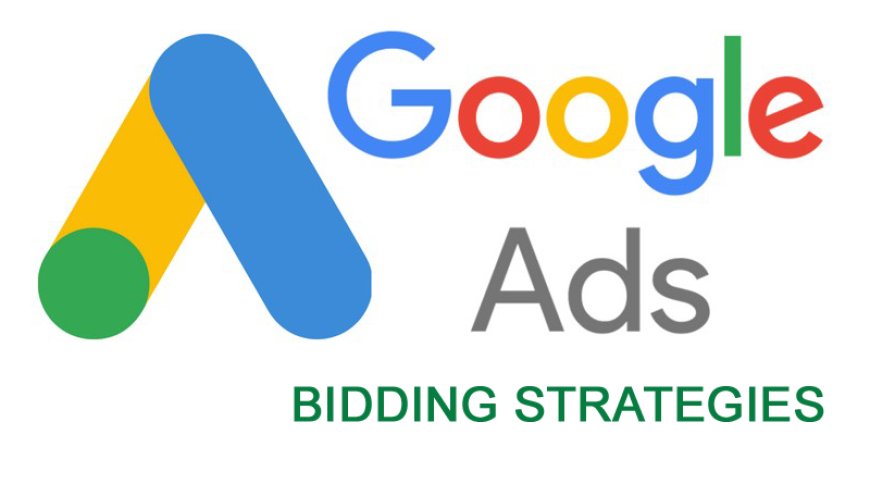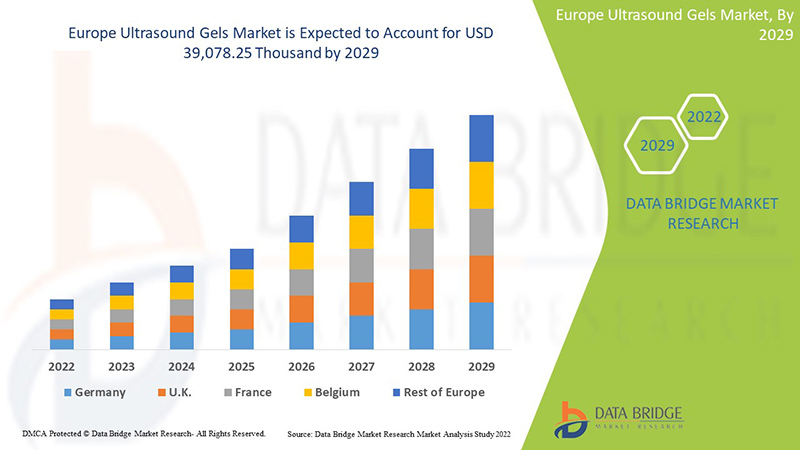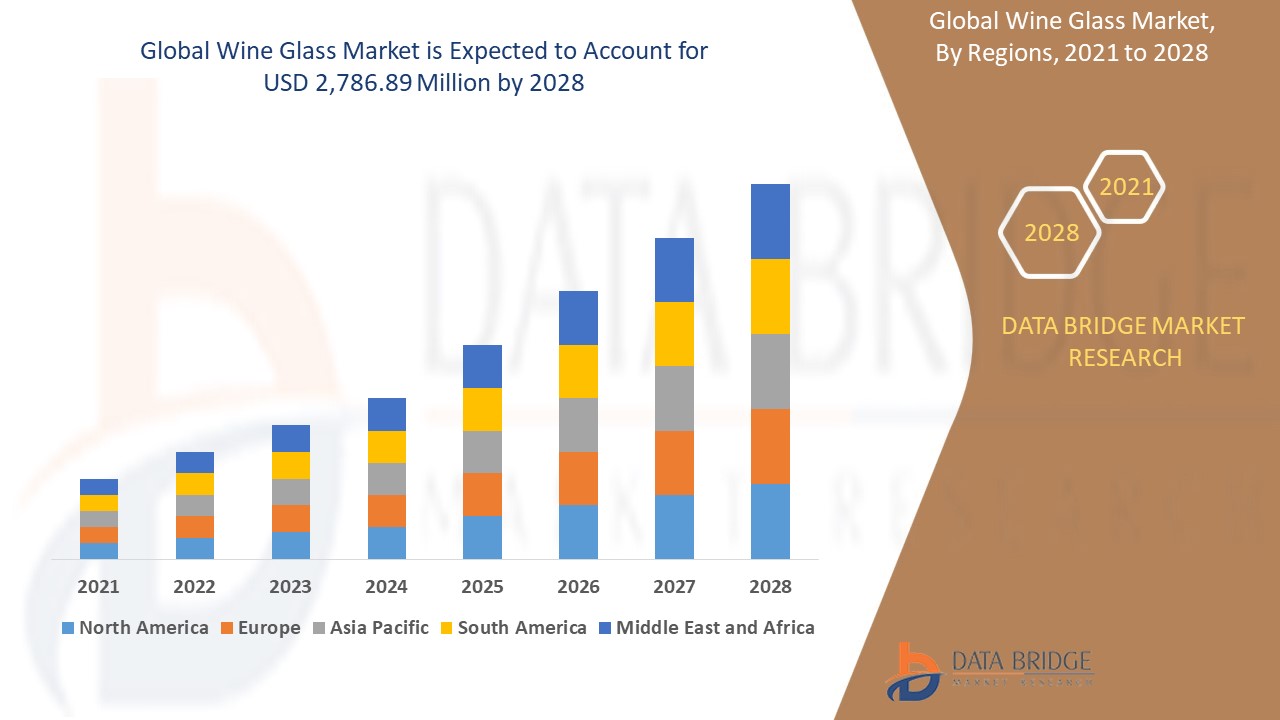How to Set Smart Bidding Strategies in Google Ads for 2025

As Google Ads continues to evolve in 2025, advertisers must adopt smarter, more data-driven approaches to bidding. Gone are the days of manual CPC (cost-per-click) guesswork. With automation, machine learning, and intent-driven targeting becoming the norm, smart bidding strategies are now essential for driving conversions and maximizing ROI.
Whether you're managing a local campaign or running ads for a national brand, understanding how to implement the right bidding strategies is critical. In this guide, well break down what smart bidding is, how to choose the right strategy, and why professional Pay Per Click Management in Houston can make all the difference.
What Is Smart Bidding?
Smart Bidding refers to a set of automated bid strategies in Google Ads that use machine learning to optimize for conversions or conversion value in each auctiona concept known as auction-time bidding.
These strategies consider a wide range of real-time signals like:
-
Device type
-
Time of day
-
Location
-
User search intent
-
Browser and operating system
-
Previous behavior
This allows your bids to adjust dynamically, targeting the right users at the right time for the best chance at a conversion.
Why Smart Bidding Matters in 2025
With AI becoming deeply integrated into the Google Ads platform, Smart Bidding is no longer optionalit's essential. Heres why:
-
Increased competition: More advertisers are competing for limited space, driving up costs.
-
Limited access to third-party data: Privacy updates and cookie restrictions mean less manual targeting ability.
-
User behavior is more complex: The buyer journey is no longer linear, making it harder to track with traditional bidding methods.
Smart bidding solves these challenges by adapting in real-time and using predictive models to allocate your budget more effectively.
5 Popular Smart Bidding Strategies (And When to Use Them)
1. Maximize Conversions
This strategy aims to get the highest number of conversions for your budget. Its best for:
-
Campaigns with clearly defined conversion goals (e.g., form submissions, sales)
-
Businesses that want rapid results without manual bid adjustments
Pro Tip: Make sure conversion tracking is properly set up, or the algorithm wont have the data it needs.
2.Target CPA (Cost-Per-Acquisition)
Target CPA lets you tell Google how much you're willing to pay for a conversion, and it adjusts bids to achieve that goal.
Use this strategy if:
-
You have historical conversion data
-
You want to maintain a specific cost per lead or sale
This is a preferred strategy in Pay Per Click Management in Houston for service-based businesses aiming to control cost while scaling leads.
3.Target ROAS (Return on Ad Spend)
This strategy is designed for eCommerce or businesses that track revenue. You tell Google the return you want, and it adjusts bids to hit that ratio.
Perfect for:
-
Online stores with a variety of products
-
Campaigns where revenue data is linked to conversions
It requires more setup, but its ideal when you want to optimize not just for volume but for profitability.
4.Maximize Conversion Value
Instead of focusing on the number of conversions, this strategy maximizes the value of those conversionsgreat for high-ticket items or variable service packages.
Use this when:
-
Your conversion values vary (e.g., different pricing tiers)
-
You care more about revenue than volume
5.Enhanced CPC (ECPC)
While not fully automated, ECPC adjusts your manual bids slightly to improve the likelihood of a conversion.
Good for:
-
Businesses transitioning from manual to smart bidding
-
Campaigns with limited conversion data
How to Set Up Smart Bidding the Right Way
Implementing a smart bidding strategy is more than just toggling a setting. Heres a step-by-step guide to do it right:
1. Set Clear Goals
Before choosing a strategy, determine what your business needs:
-
More leads?
-
Lower cost per lead?
-
Higher average order value?
-
Better ROI?
Each smart bidding strategy aligns with a different objective.
2.Ensure Conversion Tracking is Accurate
Smart bidding relies on accurate data. Double-check that your:
-
Conversion actions are defined correctly in Google Ads
-
Google Analytics is integrated
-
Lead forms, purchases, or calls are tracked properly
Bad data leads to bad optimization.
3.Give It Time to Learn
Each bidding strategy requires a learning phase (usually 714 days). During this time:
-
Avoid making major changes
-
Dont pause the campaign
-
Allow the algorithm to gather enough data
4.Use Portfolio Bidding When Needed
If you run multiple campaigns with the same goal, you can use portfolio bidding strategies to manage bidding across them collectively.
This helps centralize optimization and maintain consistent performance.
5.Work With a Local PPC Expert
Smart bidding may be automated, but human insight still matters. Working with a professional in Pay Per Click Management in Houston gives you:
-
Local market understanding
-
Better targeting and messaging
-
Real-time campaign adjustments
-
Transparent reporting and ROI tracking
Houston is a unique market with diverse demographics, so having someone familiar with local behavior can drastically improve your results.
Final Thoughts:
In 2025, Google Ads is all about precision, automation, and performance. By choosing the right smart bidding strategy and pairing it with accurate data, clear goals, and expert management, you can significantly boost the efficiency and profitability of your campaigns.
Whether you're a small local business or an expanding eCommerce brand, adopting smart bidding isn't just smartit's essential. If you're looking for experiencedHouston digital marketing company , partnering with a team that understands both your business and Googles algorithm can lead to long-term success.



































